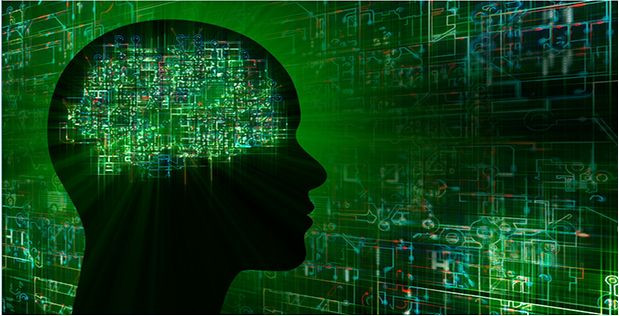Do Brain Games Work And What Are They? Digital Mental Health Exercises Don't Work

Brain games promise some big benefits to your cognitive functions. Have trouble concentrating? Spend some time online sharpening that up. Can’t remember what you ate this morning for breakfast? Again, internet games have your back.
But new research shows those promises may only be true in as much as they help you concentrate on the game itself. In real life? Not so much.
The new conclusion on brain games — which include things like quizzes and mental challenges — comes after a wide-ranging review of 400 studies on brain training published this week in the journal Psychological Science in the Public Interest. The researchers found none of the studies analyzing the games followed best scientific practices and weren’t calibrated to make sure the control groups weren’t somehow tainted.
“What we found is that there’s really no compelling evidence that these sorts of interventions lead to objectively measured real-world improvements,” Daniel Simons, the first author of the review and a professor at the University of Illinois at Urbana-Champaign, told the Wall Street Journal.
That, of course, would be great news for anyone who is keen on getting really good at Lumosity or the games on brainhq.com, but perhaps not so much for those who are hoping to improve their performance at work or in daily life. Lumosity alone boasts more than 60 million users in 182 countries across the globe. Consumers spent $322 million on digital brain games in 2013, according to market data cited in the review of the brain game studies.
For their part, sites like Lumosity list on their websites more than a dozen studies they say were peer-reviewed and show that brain games are effective. Those studies date back to at least 2011 and looked at the effect on things like visual attention, working memory and even the cognitive impact on simulated space flights to Mars.
© Copyright IBTimes 2024. All rights reserved.






















